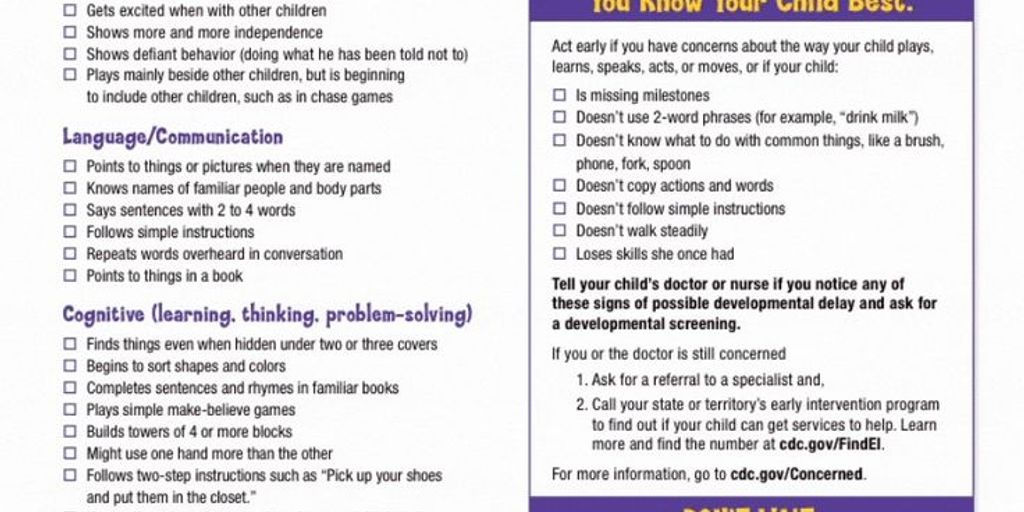Child development is a journey filled with unique milestones and challenges. By understanding these stages, we can better support children as they grow. This guide will walk you through the different stages of child development, from infancy to emerging adulthood.
Key Takeaways
- Each stage of child development has its own set of milestones and challenges.
- Understanding these stages helps provide better support and guidance for children.
- Physical, cognitive, and emotional growth are all important aspects of development.
- Parents and caregivers play a crucial role in nurturing a child’s development.
- This guide covers the stages from infancy to emerging adulthood.
Infancy: The Foundation of Development
Infancy, the first stage of child development, spans from birth to around 2 years old. This period is marked by rapid growth and significant changes, both physically and emotionally. Infants begin to form trust and attachments, mainly with their caregivers. Critical milestones during this stage include the development of motor skills, language acquisition, and the formation of attachment bonds with primary caregivers.
Early Childhood: Building Blocks for the Future
Language and Communication Skills
During early childhood, children experience rapid growth in their language and communication abilities. This period is crucial for developing vocabulary, grammar, and conversational skills. Children learn to express their thoughts and feelings more clearly, which helps them interact with others effectively. Encouraging reading, storytelling, and engaging in conversations can significantly boost their language development.
Early Childhood Education and Learning
Early childhood education serves as the cornerstone for a child’s future learning. Imagine education as a building, with each stage forming a critical block in the structure. Providing children with enriching experiences and opportunities for learning can help strengthen their neural connections and enhance their cognitive abilities. Activities like puzzles, games, and hands-on projects can make learning fun and impactful.
Social Interaction and Play
Early childhood lays the foundation for social interactions and emotional growth. Children develop a sense of self and begin to understand their emotions and those of others. They learn to navigate friendships, share toys, and engage in cooperative play. This stage is crucial for fostering empathy, kindness, and resilience in their relationships with peers and adults. Creating a supportive and nurturing environment helps them develop a positive self-image and strong social skills.
Middle Childhood: Expanding Horizons
Middle childhood is an incredible stage filled with growth, exploration, and self-discovery. By understanding the physical, cognitive, and social-emotional milestones of this period, you can provide the support and guidance necessary for your child’s development. Encourage their physical activities, foster their love for learning, and nurture their social relationships. Middle childhood is a time of immense possibilities, and with your love and guidance, your child will thrive.
Academic and Cognitive Growth
Cognitive abilities continue to advance, allowing children to grasp more complex concepts and engage in abstract thinking. The formal education setting becomes a focal point, shaping not only academic skills but also fostering a sense of responsibility and self-discipline.
Emotional and Social Development
Friendships take on greater significance during middle childhood, contributing to emotional development. Peer interactions provide opportunities for emotional regulation, conflict resolution, and the development of a sense of belonging.
Physical Health and Well-being
Physical health and well-being are crucial during middle childhood. Encourage regular physical activities and a balanced diet to support their growth. Regular check-ups with healthcare providers ensure they are on track with their development.
Middle childhood is a time of immense possibilities, and with your love and guidance, your child will thrive.
Adolescence: The Transition to Adulthood
Adolescence is a dynamic and transformative stage, marking the shift from childhood to adulthood. This period, typically spanning ages 12 to 18, is characterized by significant physical, emotional, and cognitive changes. Understanding these changes can help parents support their teenagers effectively.
Emerging Adulthood: Bridging Childhood and Independence
Emotional and Psychological Development
During emerging adulthood, individuals experience significant emotional and psychological growth. This stage is marked by the quest for identity and self-concept, as young adults strive to understand who they are and where they fit in the world. One of the core components of development for teens and emerging adults is asserting their independence and gaining autonomy from their parents or guardians. This period also involves navigating complex emotions and developing coping mechanisms to handle life’s challenges.
Career and Educational Pursuits
Emerging adults often focus on their career and educational goals. They may pursue higher education, vocational training, or enter the workforce. This stage is crucial for building the skills and knowledge needed for future success. Many young adults explore different career paths and educational opportunities to find their passion and purpose.
Building Independence and Responsibility
As they transition into adulthood, emerging adults take on more responsibilities and learn to manage their own lives. This includes handling finances, making important decisions, and developing a sense of responsibility. Bridging the gap between childhood and adulthood, this stage is essential for fostering independence and self-sufficiency.
Emerging adulthood, the second decade of life, bridges childhood and adulthood, but also represents a host of unique experiences that impact health and well-being.
The Role of Parents and Caregivers in Child Development
Providing Emotional Support
Parents and caregivers are essential in shaping a child’s emotional world. The love, comfort, and interaction you provide to your child is key to healthy growth and development. By being responsive to their needs, you help them develop a sense of security and trust. This foundation is crucial for their emotional regulation and empathy.
Encouraging Healthy Habits
Setting appropriate boundaries and encouraging healthy habits are vital. Parents influence their children’s attachment style, emotional regulation, and empathy. Simple daily interactions, like how you handle conflict and navigate challenges, become a blueprint for your child. Taking good care of yourself physically and emotionally is also important because your child needs you to be healthy.
Fostering Educational Growth
Engaging in interactive play and conversation with children promotes language and cognitive development. By actively participating in play and conversation, adults can help children expand their vocabulary, develop communication skills, and enhance their understanding of the world. This interactive engagement fosters a love for learning and encourages children to ask questions and seek knowledge.
Because your child is changing in many ways that you can’t see, and sometimes in ways that are hard to understand, it’s important to know who can support you and your child. Pediatricians, child development professionals, and community health resources are your partners in making sure your child is growing well and reaching their milestones.
Conclusion
Understanding the stages of child development is crucial for anyone involved in a child’s life. Each stage, from infancy to adolescence, presents its own set of milestones and challenges. By learning about these stages, we can better support and guide children as they grow. This guide has provided an overview of the key stages, helping caregivers, parents, and educators to foster a nurturing environment. Remember, every child is unique, and while these stages offer a general framework, individual differences will always play a role. Stay informed, be patient, and most importantly, enjoy the journey of watching children grow and develop.
Frequently Asked Questions
What are the different stages of child development?
Children go through several stages of development: infancy, early childhood, middle childhood, adolescence, and emerging adulthood. Each stage has its own milestones and challenges.
Why is it important to understand child development stages?
Knowing the stages helps parents and caregivers provide the right support and guidance. It ensures children grow up healthy, both physically and emotionally.
What are key milestones in infancy?
In infancy, babies grow quickly. They learn to move, recognize people, and show emotions. These milestones set the foundation for future growth.
How can parents support early childhood development?
Parents can support early childhood development by encouraging language skills, providing educational toys, and promoting social interaction through play.
What changes occur during adolescence?
Adolescence is a time of big changes. Teens develop their identity, form strong friendships, and start thinking about their future careers.
What role do parents play in a child’s development?
Parents provide emotional support, encourage healthy habits, and foster educational growth. Their involvement is key to a child’s overall development.






